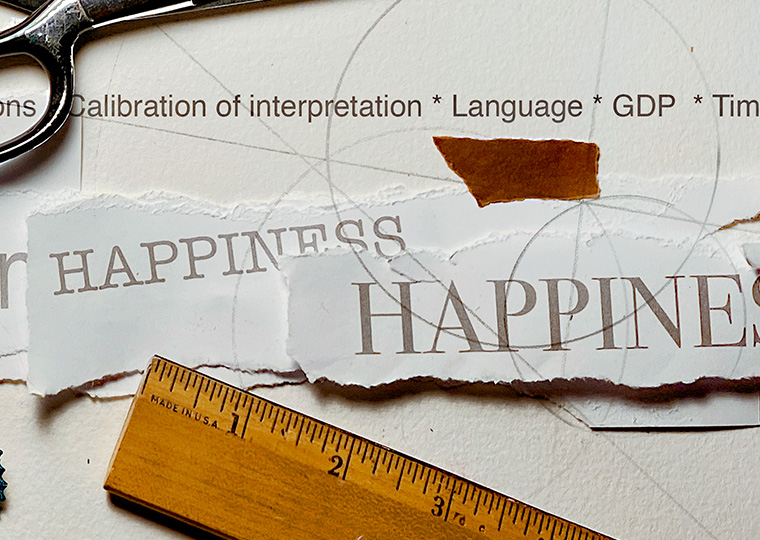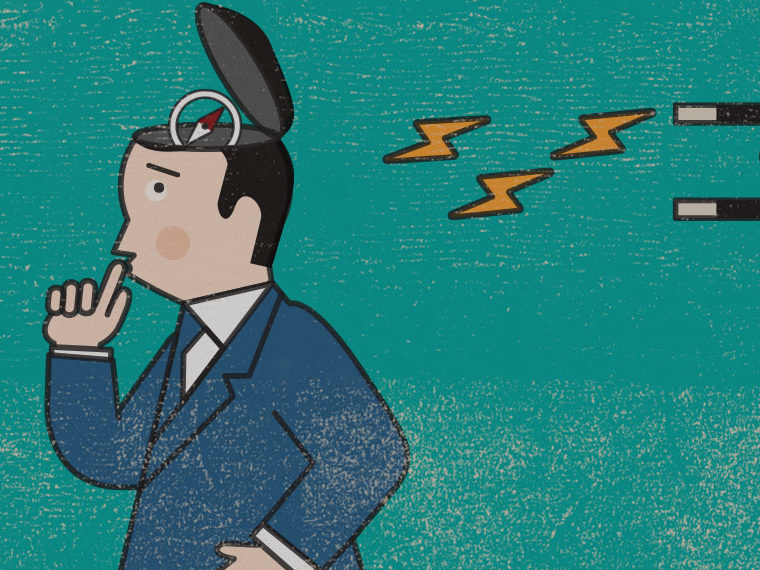As it stands, they’re free-riding, in effect subsidized by full-time resident taxpayers
Since the 1978 passage of Proposition 13 started a long and steep decline in California’s effective property tax rate, the state has increasingly relied on income tax to fund its operations, with the top marginal rate of 13.3% the highest in the nation.
As a consequence, some wealthy Californians have looked at this situation and decided: Let’s keep the house, and its low taxes, but shed our state income tax obligations.
Opt In to the Review Monthly Email Update.
They do this by acquiring a home and declaring residency in a low/no-income-tax state (eight states have no income tax: Alaska, Florida, Nevada, South Dakota, Tennessee, Texas, Wyoming, Washington), making it their tax home, and, if they’re being honest about their travels, spending less than half the year in California.
The maneuver works for those whose income is passive, or not directly from employment (California earned income generates a California tax liability) — in other words from stocks and bonds and such. Think, perhaps of an older couple who have socked away a bundle, or an entrepreneur who sold a business and reinvested the proceeds in stocks and bonds or a trust fund kid grown into adulthood.
UCLA Anderson’s Sayantani, who uses a single name, and Jerry Nickelsburg provide an analysis of how wealthy Californians can and, to some extent, are doing this and suggest a special tax on their “second” homes would bring more equity to California’s overall tax scheme.
Here’s How It Works
Suppose you have adjusted gross taxable income of $800,000 annually. You’ve owned and lived in a Newport Beach house now valued at $6 million long enough to enjoy considerable tax savings under Proposition 13, resulting in a property tax bill of $36,000. With income taxes, your total state tax liability (combined property and income taxes) is about $110,000, the researchers estimate.
You can cut that bill by about $42,950 a year if you buy or rent a home in Dallas and make yourself a Texan. A Dallas home purchased for $1.5 million, say, will require property tax payments of about $37,050 annually. But the elimination of any California income tax reduces your overall combined state annual bill to $73,050.
If your passive income is in the millions of dollars, of course, your potential savings from this maneuver are far bigger. Texas, by the way, doesn’t care if you don’t spend 183 days a year there; it’s not going to collect any income taxes from you regardless. And if you, as a Californian, are already spending substantial amounts of time outside the state — your ski place in Idaho, vacations abroad — it’s not really a big change in lifestyle.
And for just slightly less than half the year, you continue to enjoy your home and its surroundings in Newport Beach. Sayantani and Nickelsburg see the current state of things as a very large loophole that unfairly burdens the regular California taxpayer.
The Fire Department Is There for Everyone
Although tax migrants continue to pay property taxes on their California homes, these bills are relatively low compared with other states. Proposition 13 famously limits property taxes for California homeowners in various ways, including capping bills at 1% of the latest purchase price plus a small capped consumer price index adjustment. Consequently, the annual tax bill on a Newport Beach mansion that last sold for $3.6 million in 2014 remains $36,000 in inflation adjusted dollars for those owners, even as the home’s value has appreciated to $6 million.
In addition to creating swaths of lightly inhabited homes across the country, the strategy leaves permanent residents in California footing more of the bill for amenities that all the state’s homeowners have available, Nickelsburg explains in an interview. These include the cost of maintaining those very attractive public beaches, mountain paths and universities, as well as police, wildfire protection, road maintenance and other public services that even absentee homeowners continually need.
Sayantani and Nickelsburg call that “an incentive to game the funding of public services” by declaring residency elsewhere.
Indeed, the next-door neighbor of that hypothetical migrant to Texas, with an identical $800,000 annual income, pays close to a half a million dollars more in state taxes over a decade than his nonresident neighbor.
The residency maneuver for tax reasons isn’t limited to Californians. Florida, Texas and the six other states that don’t collect personal income taxes are attractive moves for high-income households in other states that tax high-income earners at relatively high rates, including New York, New Jersey and Oregon. While there’s not much data on how many owners of multiple homes “moved” to Florida for tax reasons, it’s safe to say that some of those buyers would have skipped the residency change if there were no tax incentive to do so.
How the Vacation Home Tax Would Work
Sayantani and Nickelsburg focus on California to propose a plan to even out the tax burden these tax-inspired moves cause, as well as to lower the highest marginal income tax rate in the state, correcting the adverse tax incentives and increasing equity. Instituting a new annual tax on seasonal or vacation homes in California would do both, they conclude.
The new “vacant home tax” would be a wash for California residents who own second (or third or fourth) California homes. Those homeowners would deduct the additional property tax charges from their state income tax bills essentially negating the additional tax burden, Nickelsburg explains. Out-of-state owners, including those former Californians who moved official residency but kept California property, would pay the tax and not get a deduction to the extent that they had no California taxable income to offset.
Proceeds (after deductions) should go toward lowering the state’s top marginal tax rate, Nickelsburg continues. For 2023, California’s top marginal rate applies to income earned above $690,272. At 12.3%, plus an additional 1% on earnings exceeding $1 million, California’s top marginal income tax rate exceeds the next highest rate in the country (New York’s) by more than 3 percentage points.
The study does not attempt to nail down how many California leavers — the state lost 343,230 residents in 2022 alone — changed legal residency but essentially still live in their California homes. California exodus is a perennial — and typically overstated — story during every recession or home-price boom, and Nickelsburg figures some portion of recent outflow tallies is actually tax leavers who essentially remain residents of the state.
Instead, the researchers ran a model that found signs of such tax arbitraging by homeowners from New York, California and New Jersey who bought additional homes in affluent counties in Florida, Texas or (former no-capital gains tax state) Washington.
Their conclusions don’t provide the kind of evidence needed to estimate how much California leavers would end up paying (without deduction) on a new vacant home tax. But Nickelsburg says the collections “should be billions of dollars in new taxes… that can then go toward a reduction in California’s income tax, making this a tax neutral efficiency and equity gain adjustment to the current structure of fiscal finance.”
“It may be a really small reduction in the top income tax rate,” he says. “But it might make big differences.”
Multiple Homes and the Housing Shortage
In the midst of a severe housing shortage that is particularly acute in California, with workers across the country struggling to afford rent or mortgages, some 4 million-plus seasonal or vacation homes sit vacant for most of the year, according to a U.S. Census Bureau analysis. They make up the majority of vacant homes in the country, and in about a third of all counties, these extra homes outnumber vacant homes for rent or sale, according to that analysis.
While high-end vacation homes are not direct replacements for affordable housing, affordable housing advocates see their proliferation as part of the problem. Second (or third or fourth) homes reduce the number of places permanent residents can live, a situation that typically sends home prices higher well-beyond the posh neighborhoods they sit in. The U.K.’s Leeds Building Society (think large mortgage lender) stopped making mortgages on extra homes last year over ethical concerns about contributing to housing shortages.
What’s more, a process called filtering, in which buyers or renters move into a nicer home, and their former house is occupied by someone also moving up, and on and on, does in fact create lower-price housing vacancies.
Sayantani and Nickelsburg, however, were not trying to address affordable housing issues with this research. Instead, the focus of the research is on an inefficiency in the state’s tax code, which has high-income full-time residents subsidizing high-income part-time residents. The reduction in the top marginal income tax rate would reduce the tax incentive to leave and therefore the number of partial-year residents.
In addition to discouraging migration for tax reasons, a vacant home tax likely would result in fewer out-of-staters buying California vacation homes (reverse partial migration), the researchers predict.
Presumably, both effects would free up more homes and more home construction resources for California residents. The study does not make predictions on what it might do to the state’s notoriously high home prices, vacation or otherwise.
Featured Faculty
-
Sayantani
Staff Economist
-
Jerry Nickelsburg
Adjunct Full Professor and Director, UCLA Anderson Forecast
About the Research
Sayantani and Nickelsburg, J. (2023). Wealth, Property Tax Arbitrage, and California.






